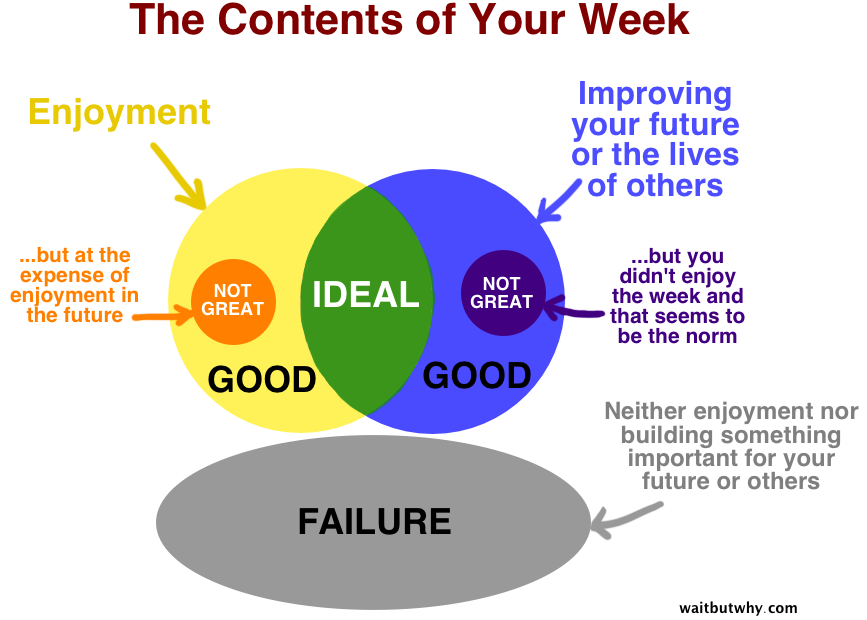Ten Powerful Psychological Traits of the Rich Trader
- They have the ability to admit they were wrong and get out of a trade. They know the place where price proves them wrong.
- They have the ability to not only close a losing trade but reverse and go in the other direction when it is called for.
- The rich trader is not trying to prove anything about themselves they are focused on making money.
- They do not fall in love with an idea, currency, commodity, or stock they will make trades based on price action.
- Rich traders know that the market action is their ultimate boss regardless of their opinions.
- No matter how sure they are about a trade they still ALWAYS manage the risk.
- Rich traders get more aggressive when winning and trade smaller or take a break during a losing streak.
- A great trader is one that can admit to anyone that they were wrong.
- Rich traders do not believe their own hype, they know they can not really predict the future they can only react to current reality and the probabilities.
- Rich traders love what they do, win or lose.
When you are trading like that, it is hard to be beaten. Time is your friend.


 Q: How can do you quantify odds of 10-1 in your favor before you make a trade? Is it your profit goal is 10x more than your stop loss? 10 indicators that look good and one that does not look good? Can you share with the group how you get to 10-1 odds? It may not be an easy answer, but I wonder if you could expand.
Q: How can do you quantify odds of 10-1 in your favor before you make a trade? Is it your profit goal is 10x more than your stop loss? 10 indicators that look good and one that does not look good? Can you share with the group how you get to 10-1 odds? It may not be an easy answer, but I wonder if you could expand.
 Have a disciplined, detailed trading plan for each trade; i.e., entry, objective, exit, with no changes unless hard data changes. Disciplined money management means intelligent trading allocation and risk management. The overall objective is end-of-year bottom line, not each individual trade.
Have a disciplined, detailed trading plan for each trade; i.e., entry, objective, exit, with no changes unless hard data changes. Disciplined money management means intelligent trading allocation and risk management. The overall objective is end-of-year bottom line, not each individual trade.
